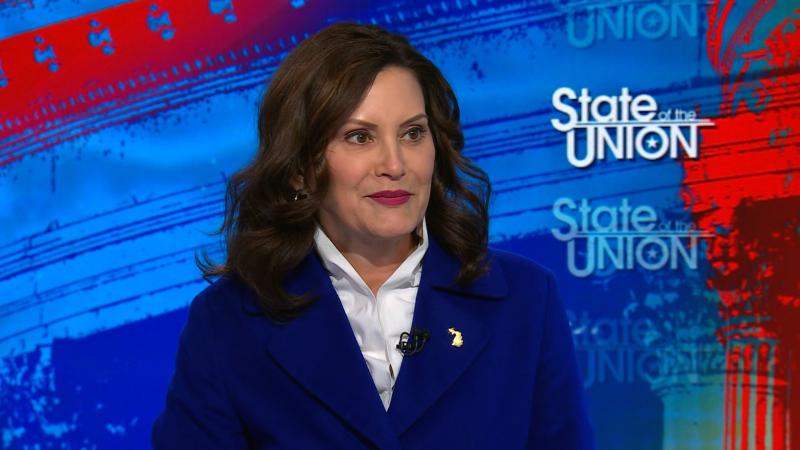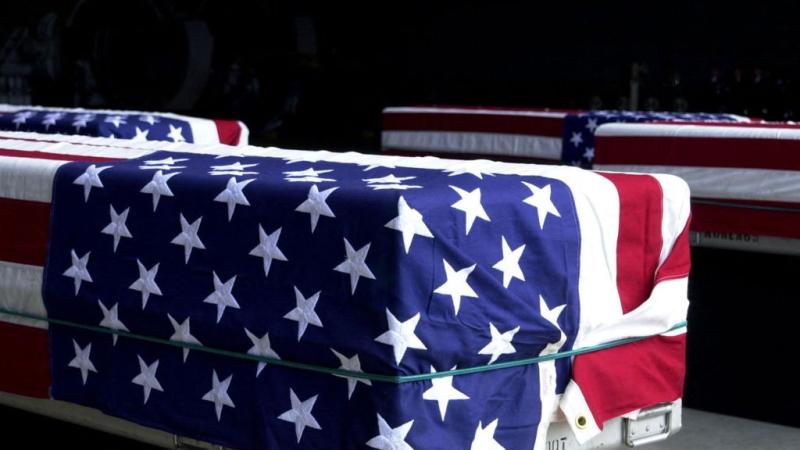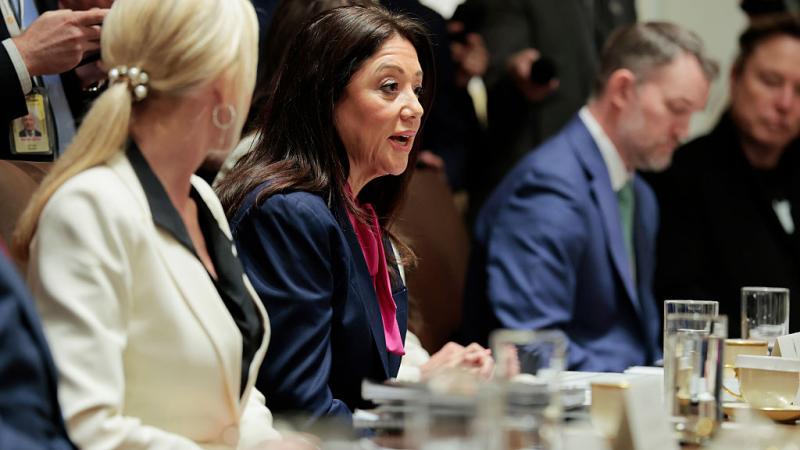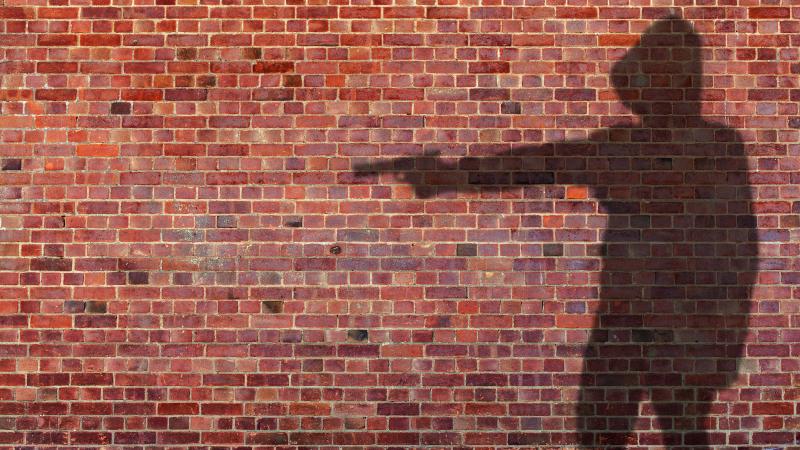Bill clarifies Oklahoma's school bathroom gender restrictions
Senate Bill 26 outlines when a coach could enter the locker room of the opposite sex.
Last year Oklahoma lawmakers passed a bill that would require students to use the bathroom of their biological sex and this session they are clarifying the law.
Senate Bill 26 outlines when a coach could enter the locker room of the opposite sex, according to Sen. Dewayne Pemberton, R-Muskogee, who authored the bill in the Senate.
He said multiple superintendents and athletic directors requested it.
“This bill does not address any monitoring during dressing time or anything this just basically to allow the coaches to go in and do their pre-game instruction, half-time instruction, and post-game instruction which they’ve done in this state for 50 or 100 years but as a result of the legislation last year, they were not thought about so this basically allows them to go back in once the team is dressed and ready to go,” Pemberton told the Senate Education Committee earlier this year.
Under the provisions of the bill, a coach of the opposite sex can enter the locker room for pre-game, half-time, or post-game talks as long as they are accompanied by an adult or assistant of the same sex as the athletes.
“So a male coach coaching girls’ basketball can enter with a female assistant pre-game, during the game, and post-game. It just clarifies that this is allowed,” said Rep. Neil Hays, R-Oklahoma City, who authored the bill on the House side.
SB 26 also addresses designations for who can enter bathrooms and changing rooms in school settings. It specifies that each public school and public charter school would require “every multiple occupancy restroom or changing area” to be designated for either the exclusive use of the male sex or exclusive use of the female sex.
The bill defines sex as “the physical condition of being male or female based on genetics and physiology, as identified on the individual’s original birth certificate.”
It would also require schools to provide “reasonable accommodation to any individual who does not wish to comply” by providing access to a single-use occupancy restroom or changing room.
The policies are meant to ensure privacy and safety, according to the bill.
It also declares an emergency, saying it is “immediately necessary” to preserve public peace, health or safety.
SB 26 passed the Senate in March but still must pass the House. The House Common Education Committee recommended its passage on Tuesday with no discussion.
If passed into law, it would take effect on July 1.
















